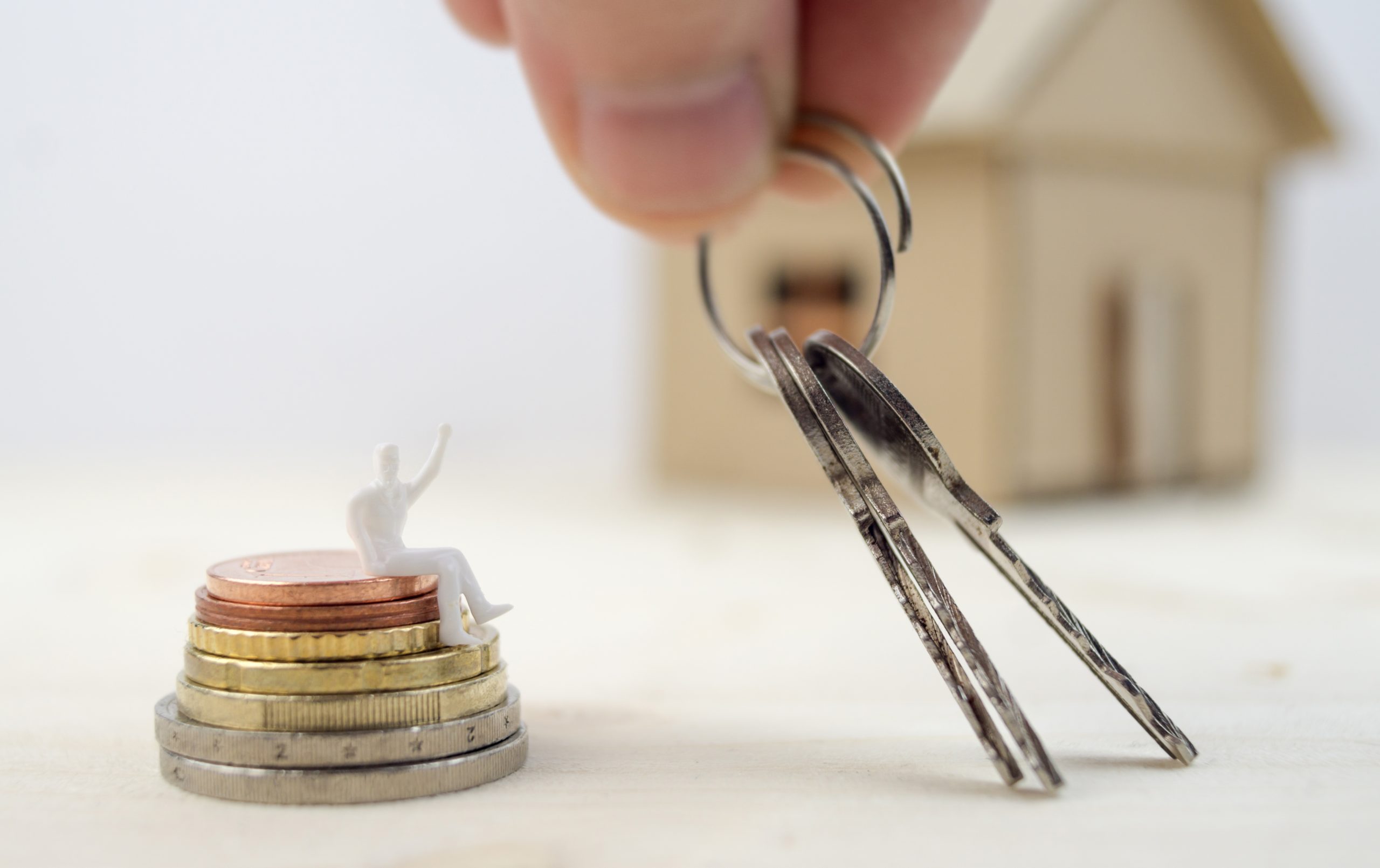Financial Tips for Homeowners
Properties are valuable assets and a means to a more secure financial future. However, the work of finding and buying a residential property can be daunting and homeownership comes with new financial responsibilities. No doubt, the true cost of owning a home comprises many hidden expenses beyond monthly home loans or mortgage payments. In this article, you’ll find valuable financial tips for homeowners.
Purchase a comprehensive home warranty policy.

As a first-time homebuyer, a home warranty is a necessity. Buying a residential property without a home warranty can pose significant financial risks in the long run. Generally, a home warranty is a service contract that pays for the cost of maintaining home appliances or systems for a stipulated period. The policyholder accepts to pay monthly premium payments for the full length of the home warranty plan.
Finding the right home warranty plan can be overwhelming given the many plan options accessible in the home warranty industry. Coverage options vary depending on the home warranty provider. Thanks to evolving technologies, you can use web search to find a top provider and the right plan for you. For example, a search for the “best home warranty companies in GA” will help you find the best deal if you reside in the State of Georgia.
Many Georgia residents choose reputable companies like America’s 1st Choice Home Club (AFC), Cinch Home Services, American Home Shield, First American Home Warranty, and OneGuard Home Warranty. As you know, Georgia’s climate usually takes a significant toll on both new and older homes. As a Georgia Homeowner, consider buying Cinch Home Services complete home plan to protect your Georgia home and enjoy peace of mind.
Work out a budget.
The most costly aspect of owning a home typically relates to maintaining and repairing major household systems and components like HVAC systems, plumbing, electrical, and roofing. So, be sure to prepare a budget and set aside a substantial sum for repairs and upgrades. Fixing a leaky tap or replacing a damaged roof out of pocket can take a significant toll on your finances if you don’t leave any room for repairs in your budget.
A leaky roof, for example, can be expensive and will reduce a home’s curb appeal. It can also cause significant damage to the belongings inside, cosmetic damage to the home interior, and structural issues. To repair a leaky roof, it’s best to contact a professional contractor to handle the repairs.
Don’t attempt any home improvements and repairs that you are not qualified to make. As a rule, look for professional roofers within your locality. For example, if you live in Wexford, look for a Wexford roofing company that works with only the highest quality products in the market. Opt for a licensed contractor with years of experience providing quality service in the roofing industry. This is especially important if you want a roofing contractor that can deliver an excellent job. If you’re contemplating a complete roof replacement, be sure to factor the replacement costs into your budget.
Monitor your utility bills.

Keeping track of your home utilities can significantly impact your finances. Utility bills are undoubtedly one of the biggest routine expenses associated with homeownership. Studies show that cooling and heating account for half of the utility bill costs. To save money on your utility bill, consider investing in a programmable thermostat to minimize energy costs. Adjust your thermostat and water heater to temperatures accustomed to the weather, and to avoid water wastage, you might also want to install new plumbing fixtures to reduce water flow. Plumbing fixtures with more water flow are a major contributor to an increased water bill. If you’re serious about cutting utility costs, consider getting rid of luxury utilities like cable TV or fiber-optic internet connections.
All in all, poor planning and inadequate preparation can leave novice homebuyers feeling overwhelmed with the financial costs associated with owning a home. With the above-listed tips, you can ensure you’re properly prepared for any unexpected costs.



